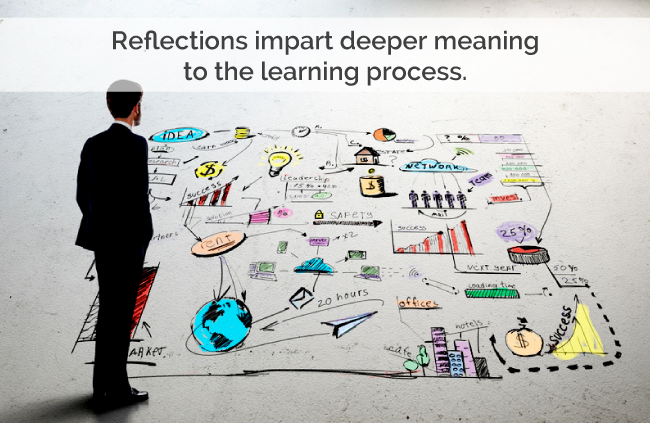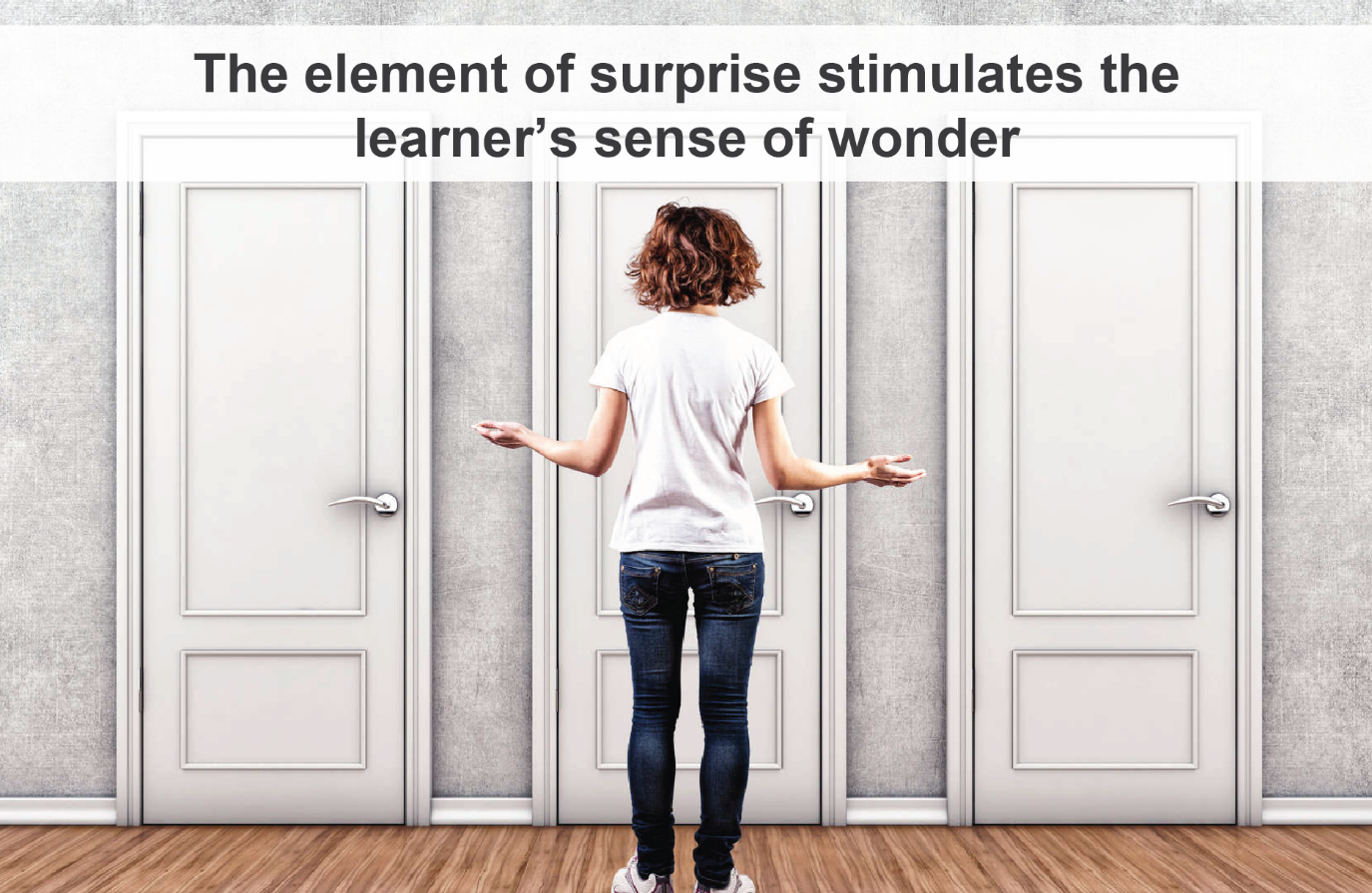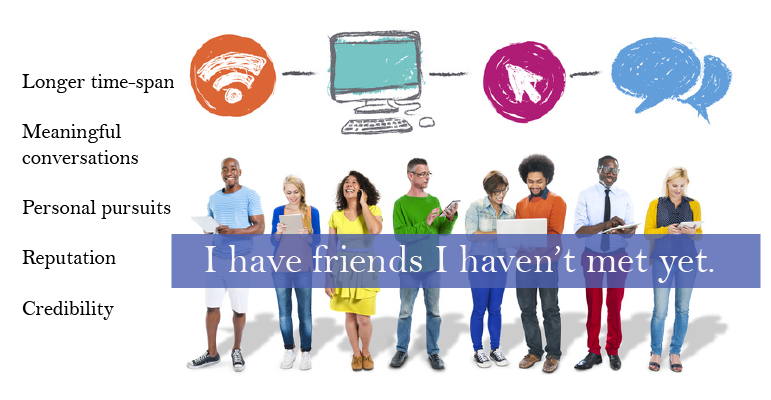As an experienced trainer, I have found the immense importance of reflection on my own learning and that of my learners. As I mentioned in the previous tip, reflection deepens one’s own learning. If you want to really learn something,…
Tag: stories
Why Reflect? The Role of Reflection in the Learning Process – Tip #68
Traveling is a painful process, even when one is having a vacation. I must admit though, that traveling especially at a time when I am less interrupted, like while on the plane or at the airport or just in a…
How to Add Depth to Micro-Ideas – Tip #67
What pushes the popularity of micro, small bites learning or learning by snippets and drips? There Is Strong Evidence of a Convergence of Forces Velocity of business is rapid – Organizations need to train people quickly to push products, support…
Creating Big Lessons by Using Small Data – Tip #66
Rapid learning is achieved by putting lessons in micro-scenarios. Instead of serving the “whole pie of knowledge” all at once, serving slices to elearners is also effective. Micro-scenarios prevent information overload and give learners more capacity to focus and accumulate…
The Art of Anticipation in Story-Based Learning Design – Tip #65
Story-Based eLearning design is effective because it creates an environment where learners are compelled to anticipate. The vagueness of “what’s next” keeps the mind engrossed until the story finds a resolution. Very few people can resist the power of a…
The Power of Surprise in Story-Based Design – Tip #64
In most endeavors – war, sports, marketing, or storytelling – the element of surprise works wonders. By using the strategy of surprise, people are caught in their vulnerable state, a condition that leads to openness and non-judgment. Surprise, therefore, is…
Five Best Videos on the Story-Based Design Approach – Tip #63
I am thrilled to present you five of my best videos, each one providing you with a sneak peak, as well as helpful tips, on how the Story-Based eLearning Design can transform your courses into high-impact learning events. Must Learn…
The Best of the Best Tips in Story-Based eLearning Design – Tip #62
In this issue, we have gathered the very best tips from the numerous tips we have shared in the past. In case you missed them, rediscover how you can decrease learning costs considerably, help your learners retain information better through…
Case Study- Reducing eLearning Cost to 50% by Using Must-Learn Lessons and Micro-Learning – Tip #61
This case study presents a series of strategies and tactics which help you answer these questions: How do I respond to rapid business needs for e-Learning? How do I decide which approach can dramatically increase the speed of development and…
Letting Go of the Need to Know Everything: Use Context Setting Learning Objectives – Tip #60
How do we make sense of the huge barrage of information that we encounter on a daily basis? We need to let go of the need to know everything. We need to train both our learners and leaders to resist…
Learning in 30 Seconds-Learning ala The Matrix Style – Tip #58
How would you like to learn the way they do in the blockbuster movie “The Matrix”? Was there ever a time when you just want to download a whole bunch of information-minus the hole at the back of your neck-into…
The Brain and The Stories We Tell: Top Reasons Why Stories Change Our Behavior – Tip #59
A sage was once asked by his students, “Master, we ask you the truth and you tell us stories,” to which the master replied, “the shortest distance between you and the truth is a story.” So what are the things…
Episodic Learning-Learning Like Watching Your Favorite Soap Opera! – Tip #57
Have you ever wished learning can be fun while at the same time in-depth? The current dilemma is that if you want to go deeper on the subject, you have to weather through the boredom created by traditional information delivery.…
Social Learning Ought to be Story-Sharing: “Friends You Haven’t Met Yet” – Tip #54
“People are social beings, and our brains are wired to connect with each other,” Matthew D. Lieberman writes in his book, Social: Why Our Brains Are Wired to Connect. (2013). However, when it comes to traditional practices related to training…
Is Your Organization Losing Its Brain? Collecting Stories to Transfer Knowledge – Tip #56
Are you perceiving symptoms of your organization losing knowledge and expertise? Oftentimes, top executives are not aware of the wealth of knowledge that’s lost as experienced employees retire and carry their expertise with them. “In the U.S., roughly 10,000 people…












